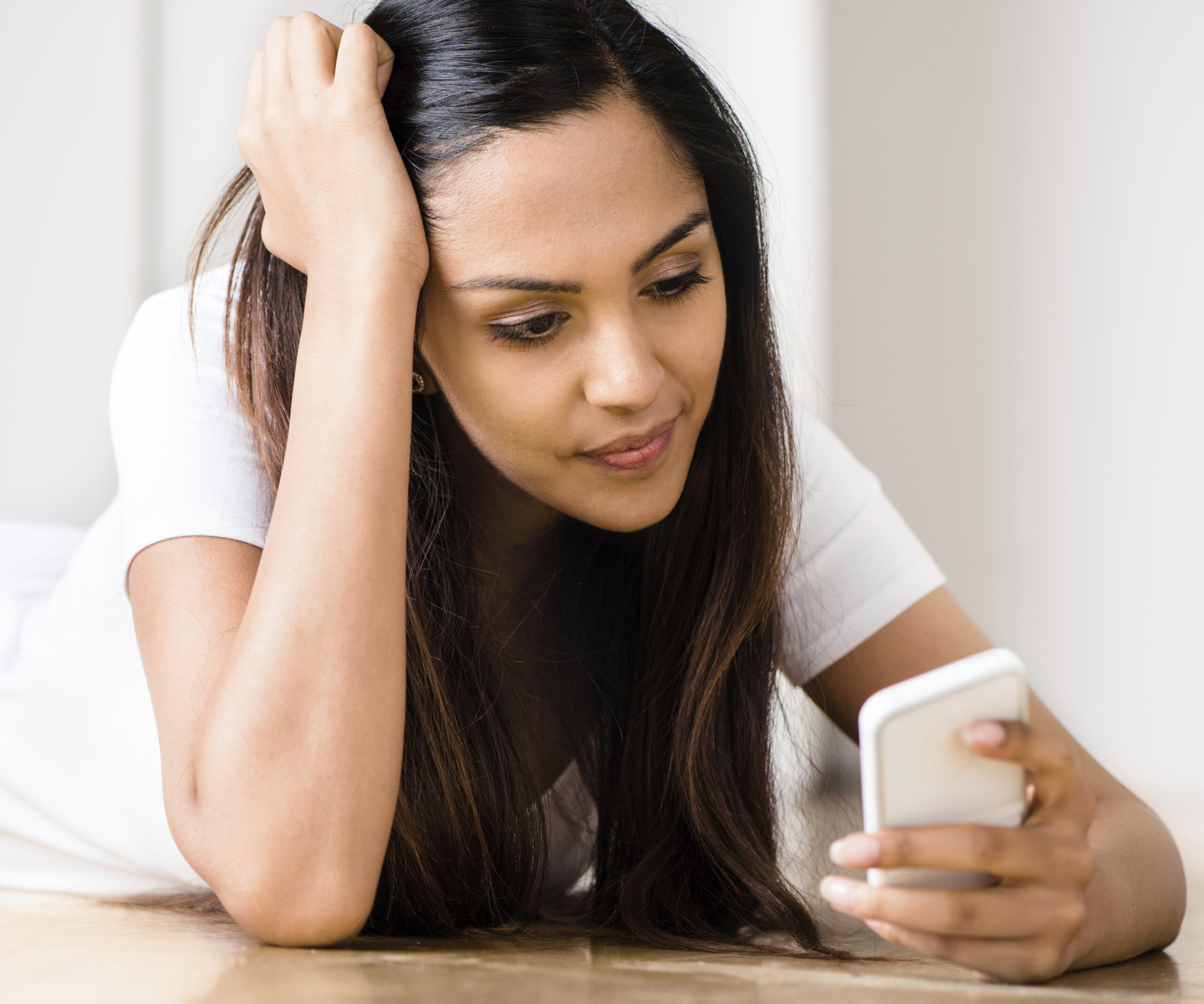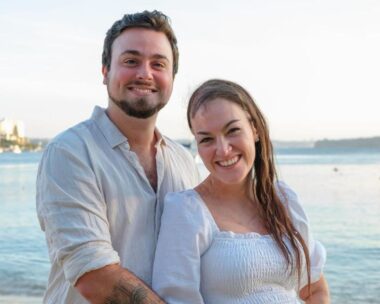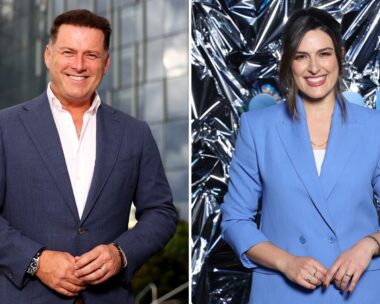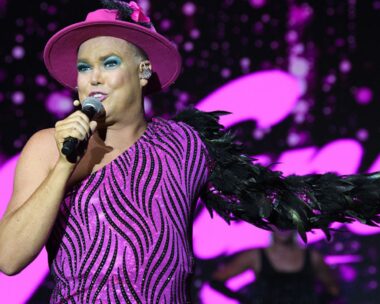In my mid-twenties I was dear friends with a pair of sisters. We were inseparable and there was a time they referred to me as the “little sister”.
With life doing that thing that life does we gradually grew apart and then it came time for weddings.
There was relationship awkwardness when I declined being my friend’s bridesmaid due to having a breastfeeding baby and shortly after this the eldest sister “unfriended” me on Facebook.
I won’t lie, I was hurt. The Facebook unfriend is the ultimate social amputation and it felt like I was being cut out of the “family”. Was it directly related to this incident? Did they discuss it with each other first? Did everyone feel the same about me??
Who knows, but my mind grabbed the pieces of information I had and weaved a story of my social inadequacies and faults.
Although nothing was said “in real life” until many years later and I wasn’t actually spending much time with them any longer as our lives had moved in different directions, the finality of the chop cut me to the core.
Mum of two, Caitlyn Farrelly*, was taken off-guard when a close friend of hers “unfriended” her out of the blue.
“We had been really close before kids, and after kids we hadn’t seen as much of each other, but we often exchanged messages,” tells Caitlyn.
“I didn’t realise until a mutual friend mentioned it, and when I checked Facebook my first thought was that it was a mistake. I was devastated. It sent me into a flat spin, imagining the worst and that no one really liked me.”
Rather than living in wonder, Caitlyn approached her friend to discuss if there was actually rift or was it an error.
“I couldn’t let it go, so I sent her a message asking if the unfriending had been a mistake. She explained why she had done it and said that it had been after a very bad day and something I had posted was the last straw. She said she was very sorry and we became Facebook friends again. I’ve felt quite awkward around her since then though, I don’t think of her a close friend anymore,” she tells.
The line between real life and social media has become blurred because we spend such a large portion of our lives online. The sense of rejection felt from an “unfriend” is very real, and as it’s often something we “discover” we have no opportunity for closure which can make us question our social worth.
“The act of clicking a button online is akin to saying “I don’t like you anymore,” says From the Leftfield’s psychologist, Dr Sasha Lynn. “Added to that, we lose all sense of subtleties and emotional nuances in online actions- we can’t see the other person’s face or hear their emotion, thus it leaves it open for our own interpretation. And we’re often interpreting things in a more negative light than perhaps they were intended.”
Perhaps bearing in mind that social media is not your actual social circle will comfort, but conversely not pulling the unfriend trigger as a reaction to a friend who posts something that irritates you will assist with “unfriend” remorse.
“I think the big thing about unfriending is being sure that whatever you do online is something you’re prepared to do in real life. If you’re prepared to tell someone to their face that you’re perhaps not really friends anymore, or you no longer wish to interact with them, then unfriending is the way to go. I think we get a bit more bravery behind the computer screen, and at times may say or do things we wouldn’t do in real life.”
Social media has been widely absorbed into western culture because its success feeds off our unconscious cravings believes digital nutritionist, Jocelyn Brewer.
“Facebook taps into many of our deep psychological desires, to be liked and accepted, to be recognized or praised, to connect and share. The confluence of world events and advances around tech, but also human design and user experience (UX) taps further into these,” says Brewer.
When we are being “liked” we are popular and hilarious, but when we are being “unfriended” it feels like we are being sentenced to social Siberia.
“When we’re unfriended there is a denial of access to what we have come to expect as a very normative way of viewing people lives and having a window into their existence,” explains Brewer.
“It’s like being cut off from an aspect of a person, and depending on the context that it happens in, might remove the final window into that person’s life you have left; old boyfriend you don’t see, but still benignly stalk or friend might choose to removes you after a fight over online opinions but you still speak in real life.”
Social media is here to stay and the permeation into our lives is likely to get deeper as technology expands but as instagram star [Essena O’Neill] (http://www.aww.com.au/latest-news/news-stories/instagram-star-quits-social-media-after-re-editing-all-of-her-posts-22918|target=”_blank”) famously declared “social media is not real life.”
“Facebook ‘friendship’ does not (and probably should not) replace other more deep and authentic ways of experiencing friendships and conversations etc,” says Brewer. “People need to consider how we are changing and reshaping the “rules” within Facebook. For example, I have “unfollowed” close friends so that I don’t have the sense of “knowing” about their life because I saw stuff on Facebook, gives back that sense that there are new things to share and doesn’t shut down sharing with ‘oh yeah I saw that on




